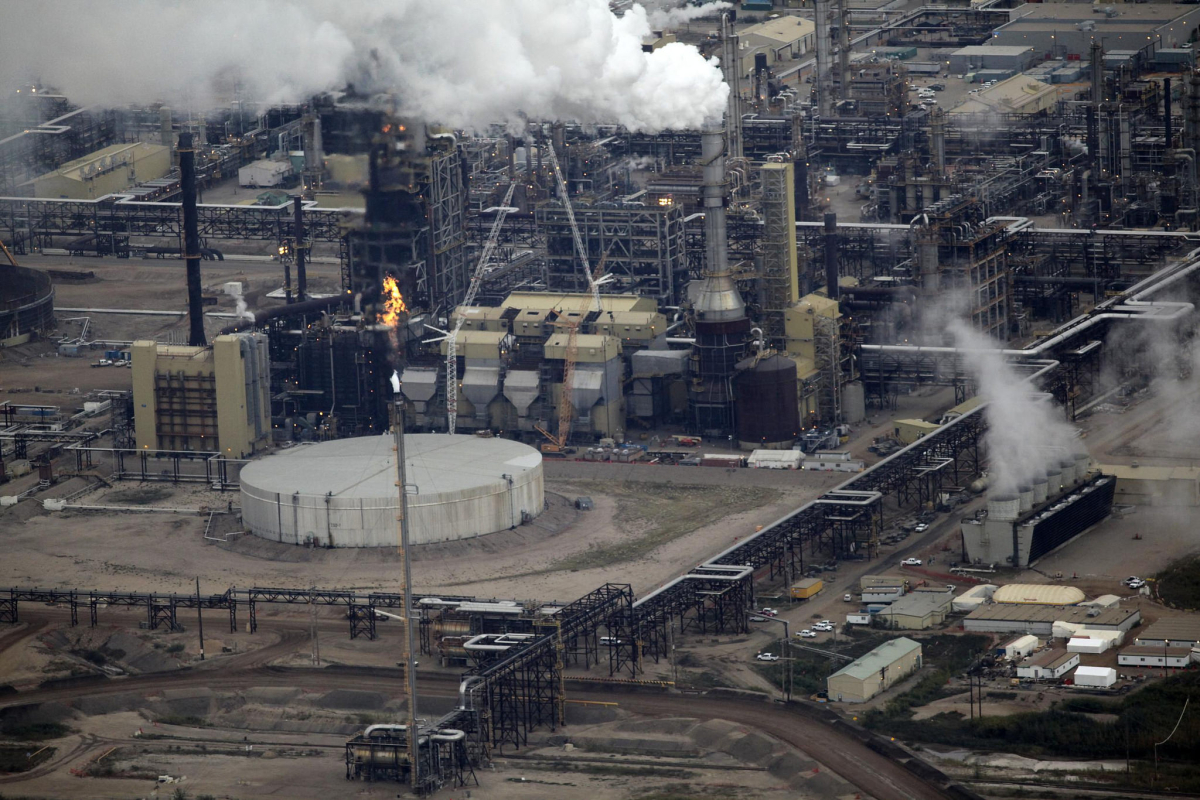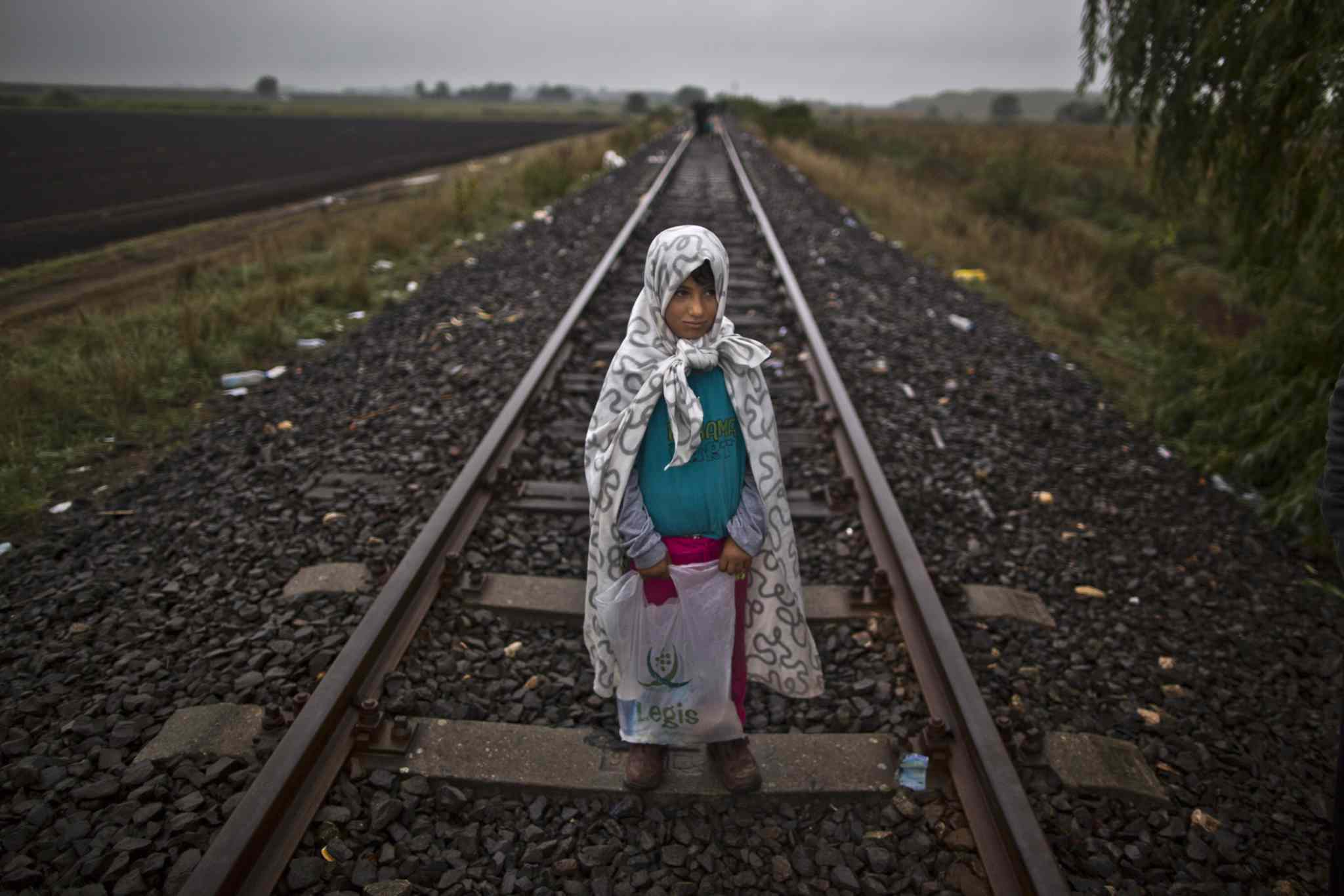Support strong Canadian climate journalism for 2025
As the slowdown in northern Alberta deepens, tens of thousands of unemployed oil patch workers — rigger, welders, pipe fitters, and heavy-haul drivers — are heading home. During the boom times, Fort McMurray attracted workers from across the country, from British Columbia to Newfoundland. Now, those days feel like another lifetime ago.
But what is it like for those people who are already home? What happens to people who live in Fort McMurray — those who bought homes, enrolled their kids in school, got involved in their communities? What has the downturn meant for them?
Fort McMurray hit hardest
Fort McMurray, in the heart of northern Alberta's oil sands, is home to around 75,000 people. Like all resource-industry towns, it has endured previous booms and busts— the cost of hitching your wagon to the shooting star of commodity prices.
But this one has been longer and deeper than anyone imagined.
“If you talk to people here, they see the industry here as vital," said Reegan McCullough, executive director of the Oil Sands Community Alliance.
The decline in oil prices has “made companies look for ways to reduce their operating costs,” McCullough continued, which means workers are getting the axe.
As the glut of oil in the global marketplace continues and the layoffs spread, Fort McMurray has been hit hard.
McCullough said that since last August, said home sales in the area have dropped 45 per cent, the average selling price of a house has dropped by 20 per cent, and local landlords are facing a vacancy rate of nearly 20 per cent.
It's a stark contrast from life during the boom times when Fort McMurray was filled to overflowing, the vacancy rate was zero, and even hotels were booked solid by workers flown in to address a labour shortage.
Joseph Enverga never knew Fort McMurray in the good times. He moved here from Toronto a little more than a year ago, and works as the Soup Kitchen Director for the Baptist Fellowship Church.
As we toured the kitchen facilities, Enverga explained that the church serves 60 lunches a day to whomever is in need. “There’s still the conception that Fort McMurray is a boom town," he explained. "I’ve only been here a year, but from what I’ve seen, with the oil prices being down, it’s not like before.” Many people come to Fort McMurray "chasing the camp dream," he said, but once they find how much it costs to live here, they have to turn to social services just to survive.

And it's not only recent arrivals who are feeling the strain, Envrega explained. "There are lots of people in our church who are having to move away, because their contracts get terminated or they get laid off," he said. "That's a reality here."
During such difficult times, McCullough and the Oil Sands Community Alliance have urged the Alberta government to “be prudent” when reviewing royalties, and focus on improving transport infrastructure to create more jobs. This will help communities like Fort McMurray invest in their future, attract new families and remain vibrant.
Dealing with the aftermath
For now however, social service agencies in Fort McMurray — particularly those addressing mental health — are dealing with an increase in demand as a result of the downturn.
According to Karen McMillan, executive director of the Canadian Mental Health Association in Wood Buffalo (the regional municipality where Fort McMurray is located), residents are coming to workshops, counselling sessions and classes that help them deal with the strain of unemployment and uncertainty about the future.
“It takes its toll on people in different ways," she explained. "We're glad we have the resources to support them, as the need is certainly there."
Commuters are often the first ones to be cut, she added, and since their support networks are located elsewhere it’s harder to provide effective assistance. Her organization tries to “fill in the gaps wherever they are,” to the best of its ability, but relies on other social services to support her clients' varied needs.
Our shelves were bare...so the community stepped up
According to client service manager Dan Edwards of the Wood Buffalo Food Bank Association, demand for basic foodstuffs has more than doubled over the last year. “This January was 70 per cent higher and February was up nearly 86 per cent,” he said as she showed me around the warehouse. “That’s a lot more people who simply can’t provide for themselves or their families.”
Edwards moved to Fort McMurray from Ontario three years ago, when the oil industry was booming and work wasn’t hard to find, especially for entry-level labourers.
“At many companies, you could show up and you’d be working right away,” he recalled. “Often if it was a site job, they’d send you for training to upgrade your skills, but now that’s gone.”

Northern Alberta has long been Canada’s economic powerhouse, attracting job seekers from across the country. During the good times, Fort McMurray was able to absorb them. But now, those entry-level jobs have dried up, and there’s increasing competition for what’s available — often from workers higher up the employment ladder who’ve been laid off as well, said Edwards.
“The guys lower down the chain just can’t compete."
The struggle to afford basic costs of living is magnified by Fort McMurray’s remoteness: living in 430 kilometres north of Edmonton means increased transport costs for nearly everything and higher prices at the supermarket checkout.
An average family would have to fork out at least $900 per month to meet Alberta's healthy eating guidelines, and those who can't make it show up at the doors of local food banks. As a result, the Wood Buffalo Food Bank Association nearly ran out of food.
“Our shelves were almost bare,” said program facilitator Yvonne Ormson. “Faced with unprecedented demand, we decided to run a Spring Food Drive like we usually do for Christmas, and you know what? Even with the bad economic situation, the community came together and it was just as successful as the Christmas drive.”
“People have the stereotype of the guys in the jacked-up trucks, but during our food drive those guys would drive up and hand us literally hundreds of dollars in cash, say they heard we needed it and wanted to help."

Fort McMurray has had a bad reputation for years — it's been dubbed Fort McMoney, Fort McMordor, North St. John and Fort McCrack — built on reports of rampant crime, drugs, and general debauchery. Ormson is all too familiar with people's negative impressions — because she used to have many of them herself.
“I moved here 30 years ago, kicking and screaming from Gibsons, B.C.” she told me amidst stacks of canned donations.
“I was pretty sure I would hate everything about Alberta, but I was wrong. I’ve never been with people and formed a community like this.”



Comments
Investments in cryptocurrency - https://bit.ly/2uCcLt2!
10%-15% Daily Profit! Earn your bitcoins today, become a millionere tomorrow!
Affiliate program and referral commision 5%. Invite a freind and earn 5% commision from each deposit!
CLICK HERE!
===============================
Инвестиции в криптовалюту - https://bit.ly/2uCcLt2!
10%-15% ежедневного дохода! Заработайте свои биткойны сегодня, станьте миллионером завтра!
Партнерская програма и реферальная коммиссия 5%. Пригласите друга и получите 5% с каждого депозита!
ПЕРЕЙТИ НА САЙТ!